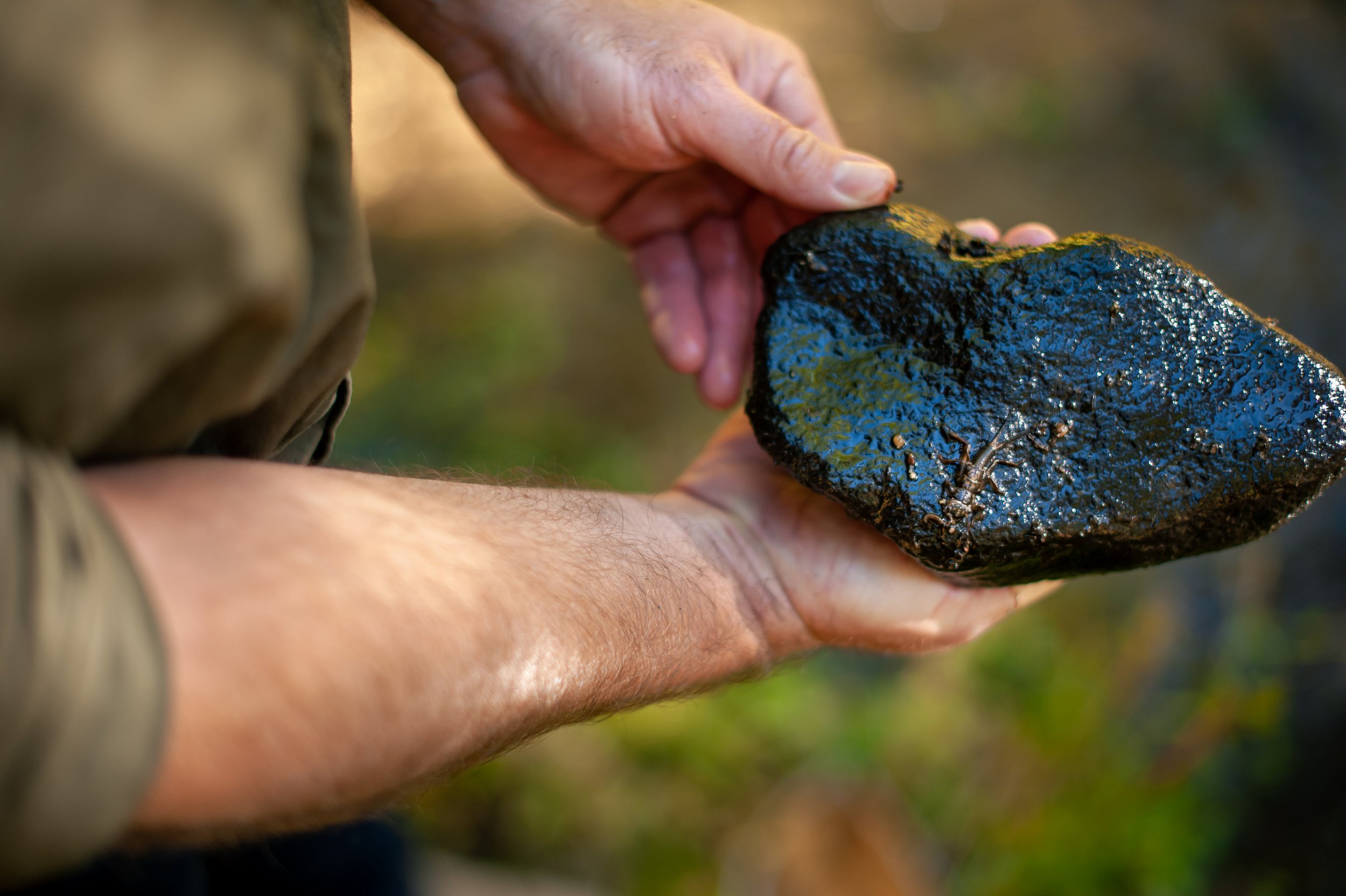
Conservation & Restoration
Planning for the future.
Promoting ecosystem integrity.
Live Oak Associates works in a wide range of California ecosystems to support natural resources conservation and restoration efforts.
We develop plans to guide restoration of disturbed or degraded habitats, plans to support the long-term management of conservation areas, and management recommendations or plans to further the conservation of focal species. We assist clients with establishing conservation areas and conservation/mitigation banks and provide long-term monitoring of these lands to ensure they are adequately protecting sensitive resources. We also monitor revegetation efforts and other types of restoration programs and make recommendations to improve their success.
-
Projects that will remove native trees and shrubs, impact streams or wetlands, or otherwise disturb or damage sensitive resources are often required to restore or replace the resources in question. We help our clients navigate this process by developing plans that establish a framework for the restoration or revegetation effort, detail the methods to be used, direct monitoring and maintenance of the affected areas, and establish criteria for the ultimate success of the program. Our plans adhere to applicable project-specific permit requirements or agency guidance and have a strong track record of agency approval.
We also advise clients who wish to undertake restoration efforts not as mitigation, but as a central objective of their project. We identify and map impaired habitats, invasive species infestations, and other areas with critical rehabilitation needs, and develop plans or recommendations for improved ecological function and value.
-
To fulfill project requirements for compensatory mitigation, our clients sometimes choose to place on- or off-site habitats under conservation easement and provide for the preservation of their ecological values in perpetuity. We have assisted with the establishment of numerous such conservation areas. Our services include using Property Analysis Record (PAR) software to calculate endowment amounts, assisting the client with retaining an easement holder, and preparing long-term habitat management plans to guide upkeep of the conservation area.
We have also assisted with the establishment of agency-approved conservation banks in various California counties to provide mitigation credits for projects impacting species or habitats of concern. As part of the process, we conduct a variety of baseline studies to document the site’s biological resources, prepare a habitat management plan to maximize the credits available for sale, and work with state and/or federal resource agencies to facilitate their approval of the bank.
-
We conduct various types of biological monitoring in support of our clients’ conservation and restoration objectives. This includes monitoring restored or revegetated areas to assess progress toward success criteria, and monitoring conservation areas and banks to ensure the viability of protected plant and animal populations and overall ecological health. We summarize our monitoring observations in detailed reports that, where applicable, include recommended management changes or corrective action to improve resource protection. Our monitoring work at conservation areas and banks often entail conducting protocol-level surveys for special status species.
Our Work




